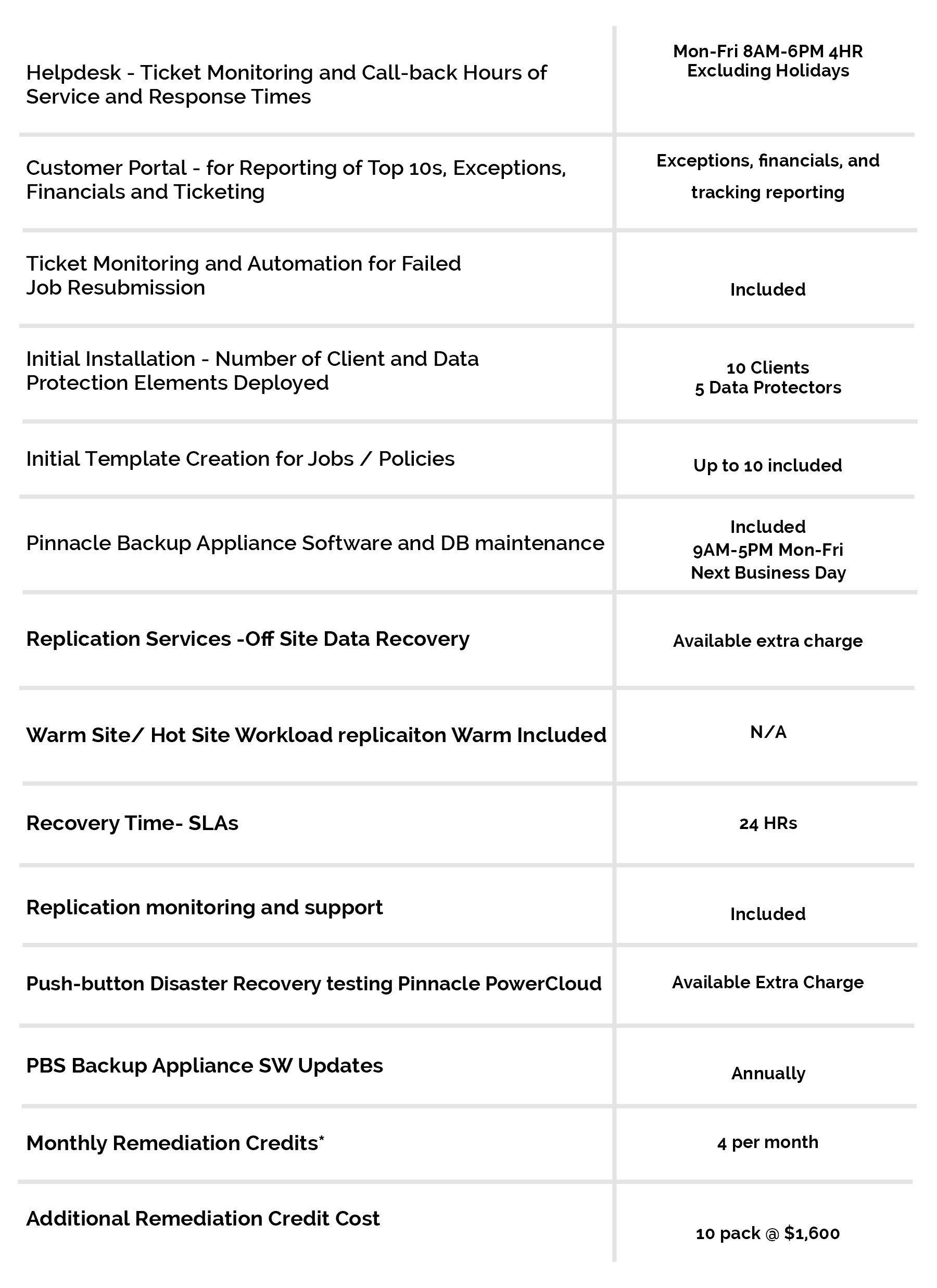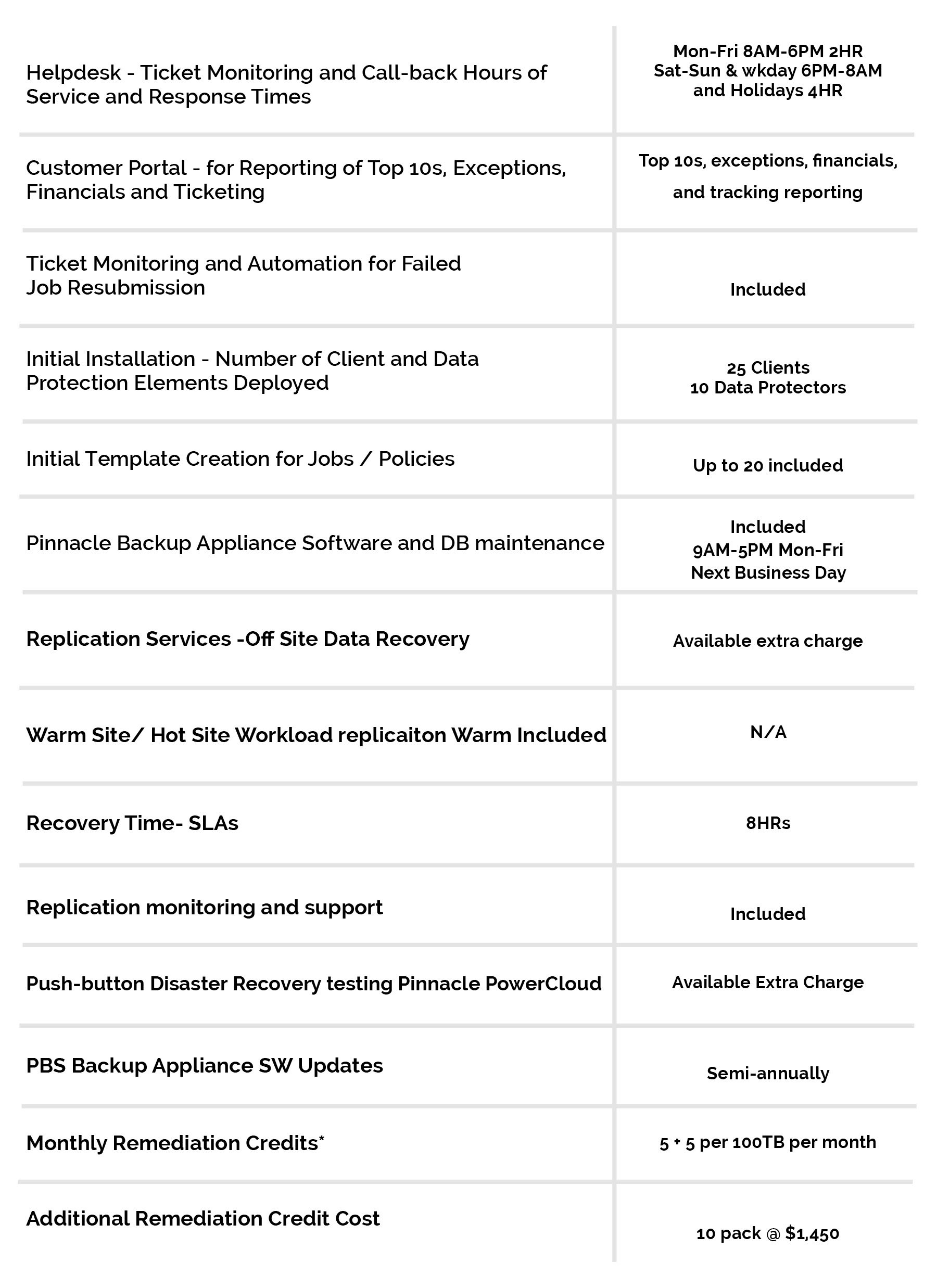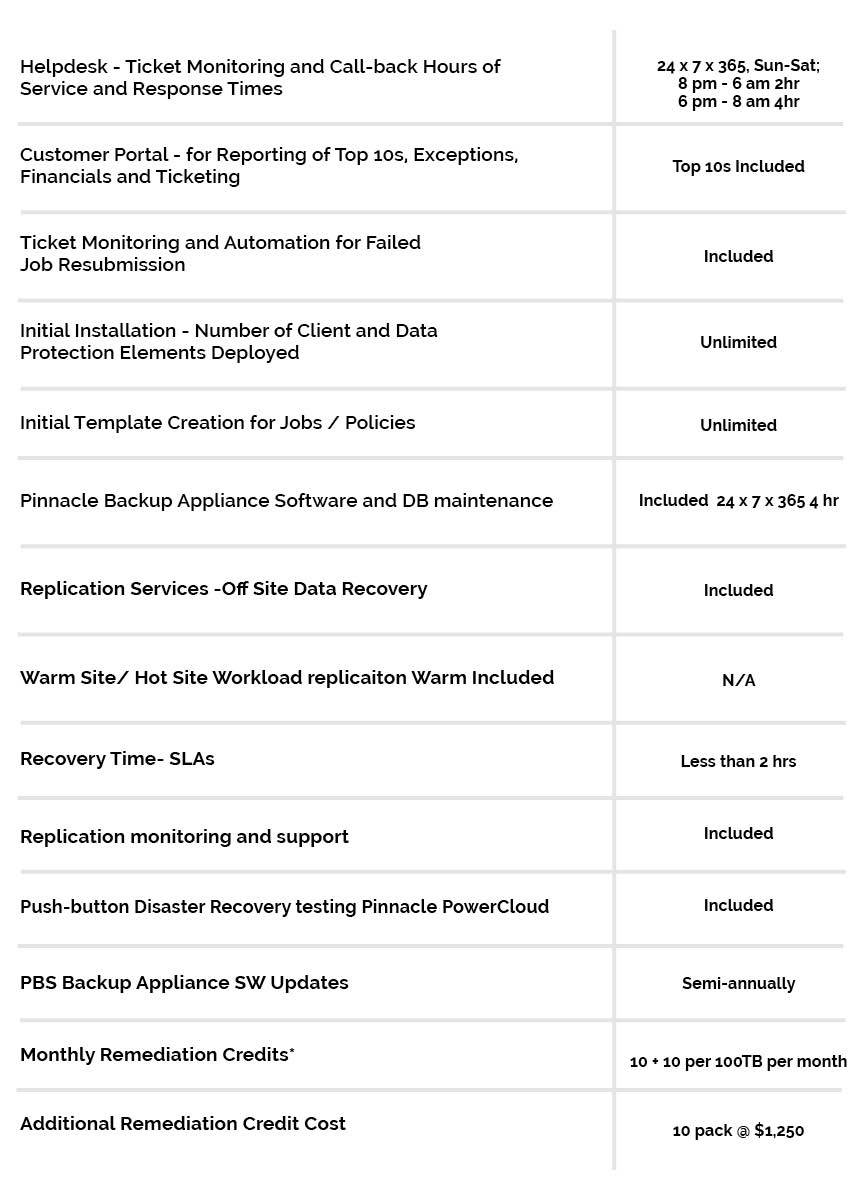10 May Top Types of Managed Services to Consider
Managed services are increasingly popular among small and large businesses across nearly every industry sector. With such high demand trending, providers are continuously working to expand their service portfolios, offering new styles and managed solutions to meet enterprise needs.
It isn’t difficult to understand the reason behind the push toward managed services. The approach comes with considerable advantages, including more predictable monthly costs, lower up-front investments, and the ability to put critical platforms and systems in the hands of experienced experts. Even organizations with a robust on-premise IT department can find benefits in managed services by selecting outsourcing of services that enable internal teams to focus on more pressing tech initiatives.
As the managed service market grows and vendors expand their offerings, there are more than a few solutions for business decision-makers to think about. Here are some of the top managed services your company should consider adding:
Managed Storage
Needs for data storage are on the rise for nearly every organization, particularly as enterprises large and small take part in an increasing amount of data and analytics-focused initiatives that make use of the informational assets their business has on hand. In order for these and other projects to provide value, though, companies need a scalable and secure place to store and access data, and this is where managed storage services come into play.
“Managed services offer more predictable monthly costs and the ability to put critical platforms in the hands of experts.”
According to research from Reportlinker, the cloud storage market will experience a compound annual growth rate of more than 23 percent through 2022, reaching an eventual value of $88.91 billion – a considerable jump from 2017’s $30.7 billion. And of the entire cloud storage market, the managed services segment is seeing the fastest growth.
“Managed services help enterprises focus on their core business, service quality and end-user experience while delivering optimized and quality IT services through third-party providers,” the report noted.
Managed Network
Another item to consider for managed services is the underlying IT network. The network represents the lifeblood of the organization, ensuring support and performance of critical applications and software. At the same time, though, the network can be one of the most complex systems within the enterprise, making it an ideal candidate to be handled by an expert service provider.

The managed storage, managed network and managed backup markets are seeing considerable growth.
This market is seeing significant growth as well – a 9 percent CAGR through 2021, surpassing a value of $59.38 billion, according to MarketsandMarkets.
Managed Backup
It’s also important to consider the company’s backup and disaster recovery. Managed backup services can be especially beneficial for business continuance, as this type of solution provides an expertly managed, off-site environment to store data and support access in the event that primary, on-site systems are interrupted.
MarketsandMarkets reported that the cloud backup market will grow to surpass $4 billion by 2022, representing considerable expansion from 2017’s value of $1.3 billion.
When working with a managed service provider, it can be helpful to select a partner that can offer a range of different managed solutions. In this way, your business has the options it needs to support its internal IT team while ensuring the top-notch working order of its most critical technological systems.
To find out more about the benefits of managed services, connect with the experts at Pinnacle today.





